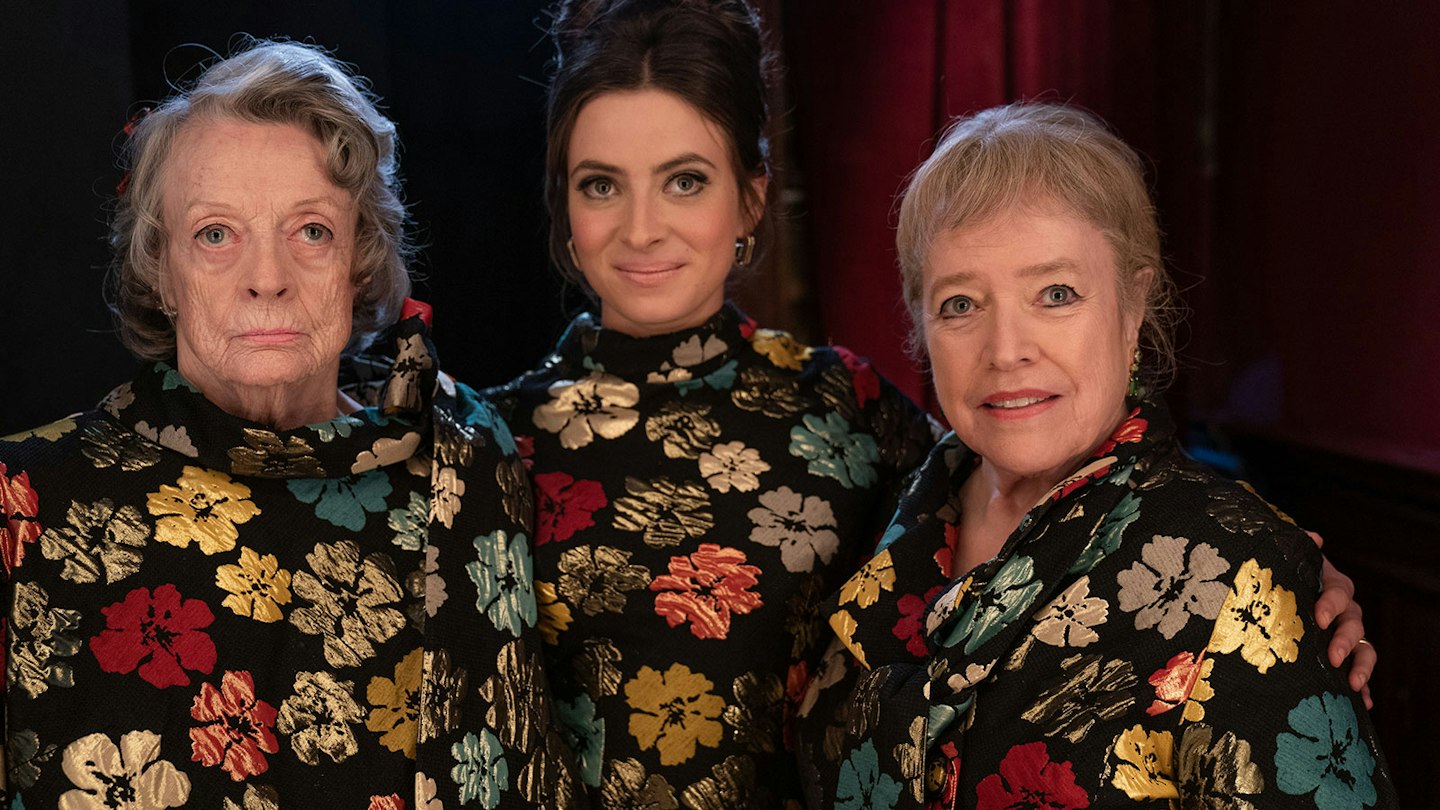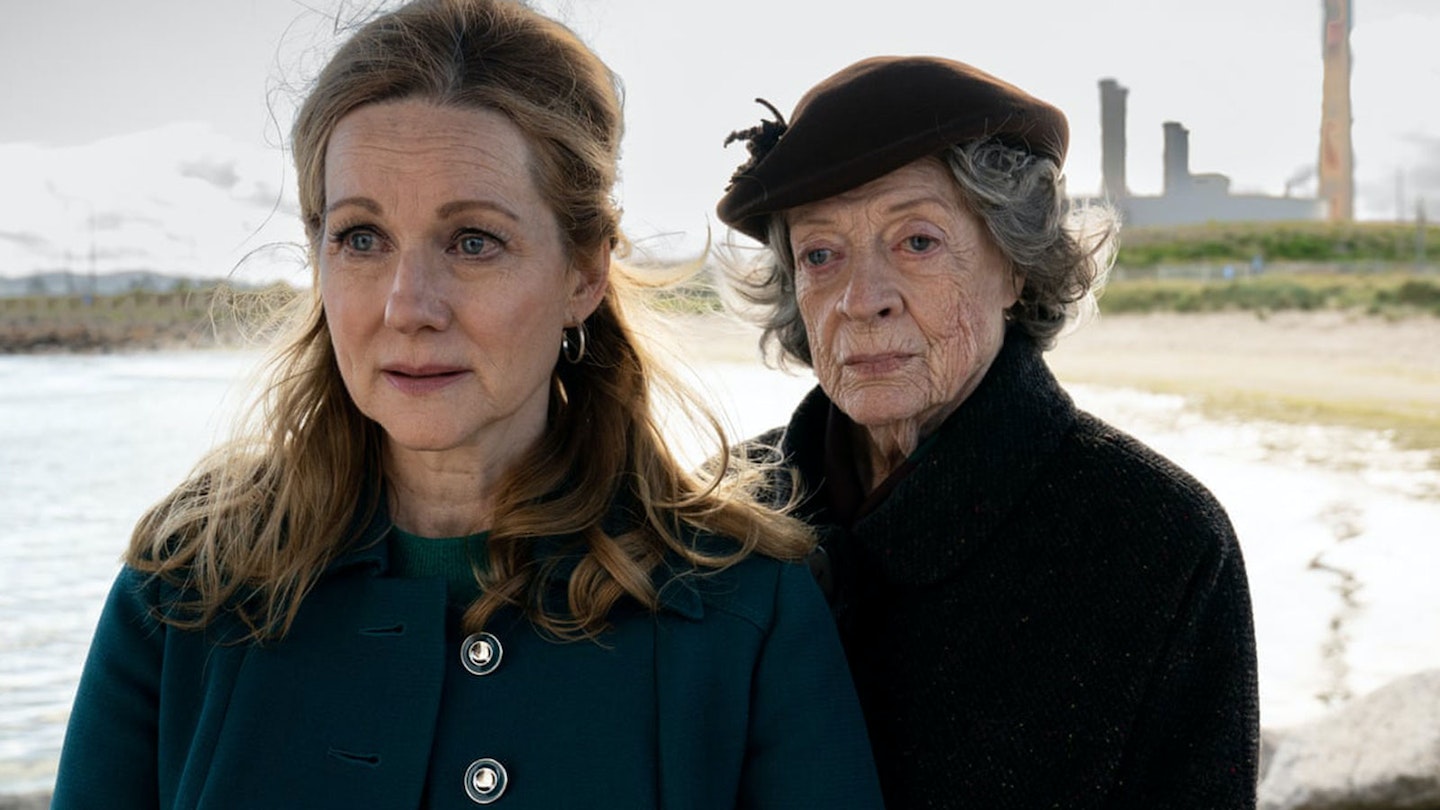The Miracle Club is the latest film in what could be described as the IMCU: the Irish Mammy Cinematic Universe. The world it depicts seems to be the same one inhabited by the likes of Brenda Fricker’s Bridget in My Left Foot, Judi Dench’s Philomena in Philomena, even Emily Watson’s Aileen in this year’s God’s Creatures: films featuring matriarchs from the Emerald Isle, all long-suffering, all God-fearing, all would make you a nice cup of tea at the drop of a hat.

Maggie Smith, Kathy Bates and Agnes O’Casey (none of whom are actually Irish, though their accents are mostly on point) play three such examples of the Irish Mammy trope, the kind of women for whom a splash of holy water on the neck is part of their morning routine. All three have some ailments that they hope yer man upstairs can fix — a dodgy leg, a mute son, a possible tumour. But there are emotional ailments lingering too, brought into sharp focus when Chrissie (Laura Linney) makes a seemingly unwelcome return, after having left Ireland as a teenager for dark reasons that eventually trickle out.
The tone is excessively sentimental, and markedly downbeat for what should be a bit of grey-pound feel-goodery.
So, in the manner of all far-fetched crowd-pleasers, the women must enter a competition to win a trip to Lourdes — the French town where the Virgin Mary supposedly appeared as a vision — and fix their worries with a healthy dunk in some holy Pyrenean springs. It all plays kind of like a Catholic 80 For Brady, only far more maudlin and without a scene where a stoned 91-year-old Rita Moreno has a vision of Guy Fieri. More’s the pity: despite being billed as a comedy-drama, and despite some half-hearted regressive jokes about men being useless at changing nappies, the tone is excessively sentimental, and markedly downbeat for what should be a bit of grey-pound feel-goodery.
It all feels a bit flat, and rather incurious about the strange phenomenon baked into the very title of the film. As the secrets of Laura Linney’s mysterious exile emerge, the film timidly tiptoes around the sense of shame and guilt that Irish Catholics of a certain generation experienced, especially with out-of-wedlock pregnancies. But this sits awkwardly with the overall message of the film. Most troublingly, Kathy Bates’s character, Eileen, finds a lump in her breast at the start of the film, and instead of seeking medical advice, decides to make a lengthy pilgrimage. It’s a choice waved away as charmingly quaint, rather than insidiously life-threatening. Frankly, Irish mammies deserve better.
